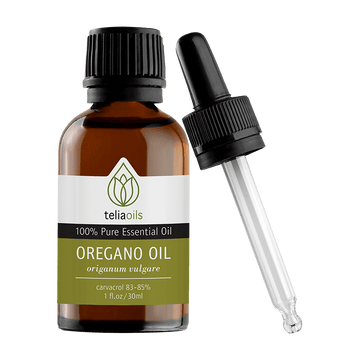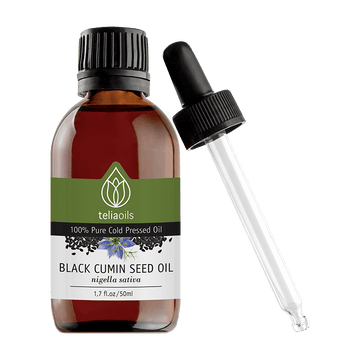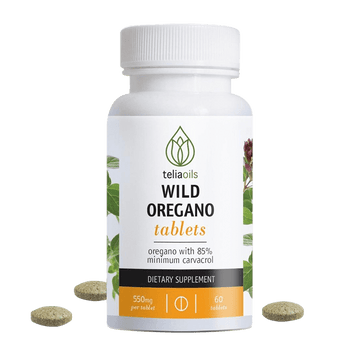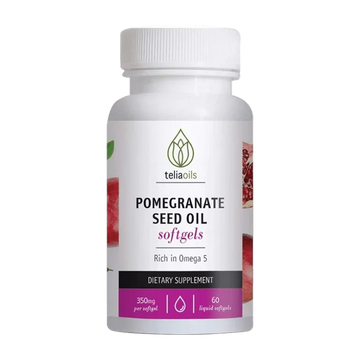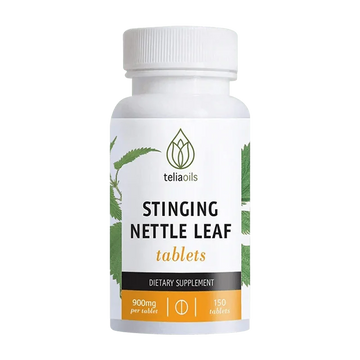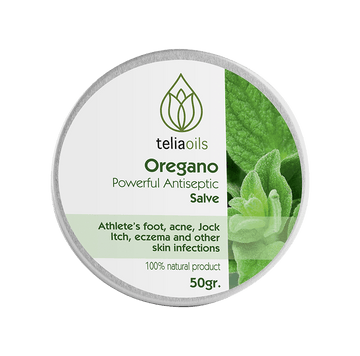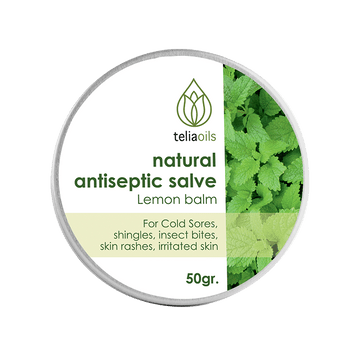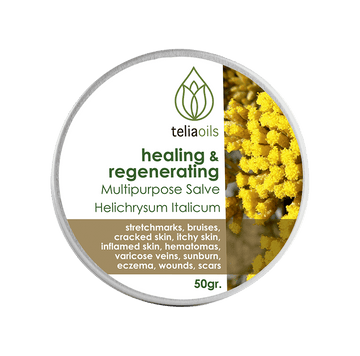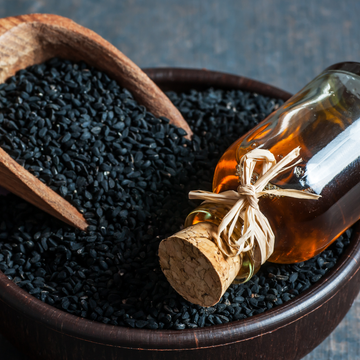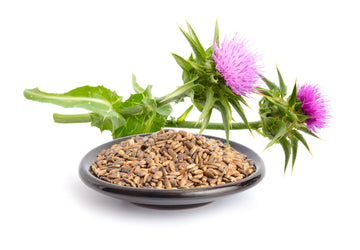
Milk thistle is often touted for its detoxifying properties, making it a popular ingredient in various detox diets and health supplements. However, with so much information available, it can be challenging to distinguish between the scientifically supported benefits and the common myths. This article aims to clarify the role of milk thistle in detoxification, based on what current research indicates.
Understanding Detoxification
Detoxification refers to the body's natural process of eliminating toxins. This primarily occurs in the liver, where enzymes convert toxic substances into less harmful ones that are then excreted from the body. Supplements and diets that claim to detoxify often promise to aid or enhance this natural process.
The Role of Milk Thistle in Detoxification
What Science Says
Liver Protection: The active compound in milk thistle, silymarin, has demonstrated hepatoprotective properties in numerous studies. It helps protect the liver from toxins and supports the liver’s natural detoxification processes by enhancing cellular regeneration and blocking the entry of harmful toxins.
Antioxidant Properties: Silymarin acts as an antioxidant by scavenging harmful free radicals produced during the metabolism of toxic substances. This action helps mitigate oxidative stress, which is beneficial for liver health.
Detox Myths and Misconceptions
Instant Detox Solutions: One common myth is that milk thistle can quickly "detox" the body of accumulated toxins and cure liver diseases overnight. In reality, detoxification is a continuous biological process and cannot be accelerated instantaneously by any supplement, including milk thistle.
Cure-all Claims: Some proponents claim that milk thistle can detoxify the body from every kind of toxin, including alcohol and drugs, and even cure chronic liver diseases. While milk thistle can support liver function and protect against some forms of liver damage, it is not a cure-all for liver diseases and should not be used as a sole treatment.
Scientific Research on Milk Thistle’s Effectiveness
Clinical Studies
Several clinical studies have investigated the therapeutic benefits of milk thistle for various liver conditions, such as hepatitis and cirrhosis. While some studies suggest milk thistle can improve liver function in hepatitis patients, evidence for its effectiveness in other liver conditions is mixed. It is important to note that while milk thistle supports liver health, it does not eliminate the need for conventional medical treatments prescribed by healthcare professionals.
Practical Recommendations
Given its potential benefits and low risk of side effects, milk thistle can be a useful supplement for individuals looking to support their liver’s natural functions. However, it should be used as a part of a healthy lifestyle that includes a balanced diet, regular exercise, and adequate hydration.
While milk thistle is a beneficial herb that can support liver health and aid in the natural detoxification process, it is not a magic solution for detox or liver repair. Its use should be based on realistic expectations and, ideally, in consultation with a healthcare provider. Understanding the distinction between fact and myth can help individuals make informed decisions about incorporating milk thistle into their health regimen.

